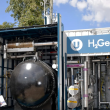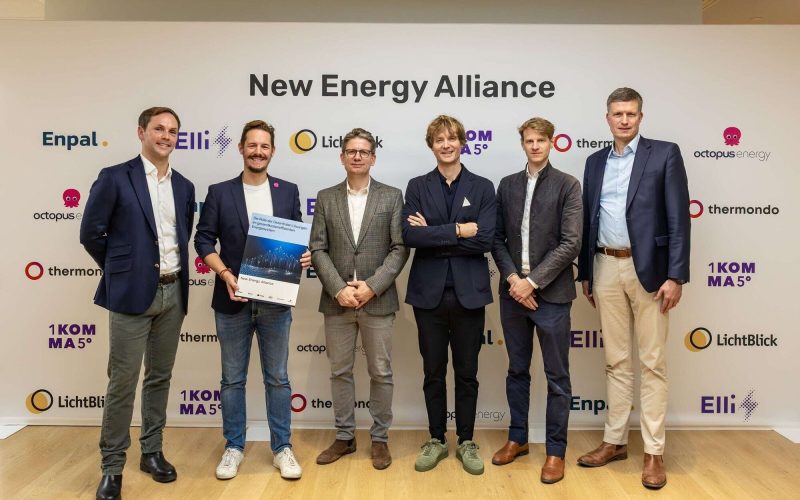Elli, the Volkswagen Group’s energy brand, has unveiled a new study in partnership with leading energy companies showing that decentralised energy technologies could save Germany’s energy system up to €255 billion ($299 billion) by 2045. The analysis, conducted by Roland Berger, underscores that only a combined approach—large-scale centralised plants working alongside decentralised solutions such as electric vehicles, solar panels, home storage systems and heat pumps—can secure the country’s energy supply while keeping costs down.
The report highlights that decentralised technologies could deliver annual savings of around €13 billion and play a pivotal role in advancing Germany’s energy transition. Electric vehicles, in particular, are expected to take on a central role in the energy mix. Through smart, bidirectional charging, EVs would act as mobile storage units, reducing stress on the grid and enhancing household energy independence. Paired with solar power and heat pumps, these technologies could significantly cut energy bills and bolster energy security.
“E-mobility is more than climate-friendly transport,” said Giovanni Palazzo, CEO of Elli. “It will become an active source of energy for millions of households in Germany. Smart and bidirectional charging solutions unlock enormous potential for our energy system, reduce costs for our customers, and strengthen the national economy. We must fully harness these decentralised approaches before billions flow into new fossil backup capacity.”
According to the study, decentralised solutions could cut household and SME energy costs by up to 50%, with private households saving as much as €1,200 per year. They could also create 100,000 new jobs in distributed energy by 2045 and reduce low-voltage grid expansion costs by 40–50% thanks to digital flexibility.
However, the report stresses that this potential depends on supportive policy frameworks. The “New Energy Alliance” – a coalition of more than 20 companies including 1KOMMA5°, Enpal, LichtBlick, Octopus Energy, thermondo and Elli – is urging policymakers to place decentralised flexibility on an equal footing with large-scale renewable projects. Their recommendations include strengthening market mechanisms for decentralised flexibility, speeding up the rollout of smart meters and digital grid processes, reforming grid charges to ensure fairness across storage types, and updating legal frameworks for bidirectional charging.
The study’s findings place decentralised energy firmly at the heart of Germany’s path to a secure, independent, and cost-effective energy future.





















